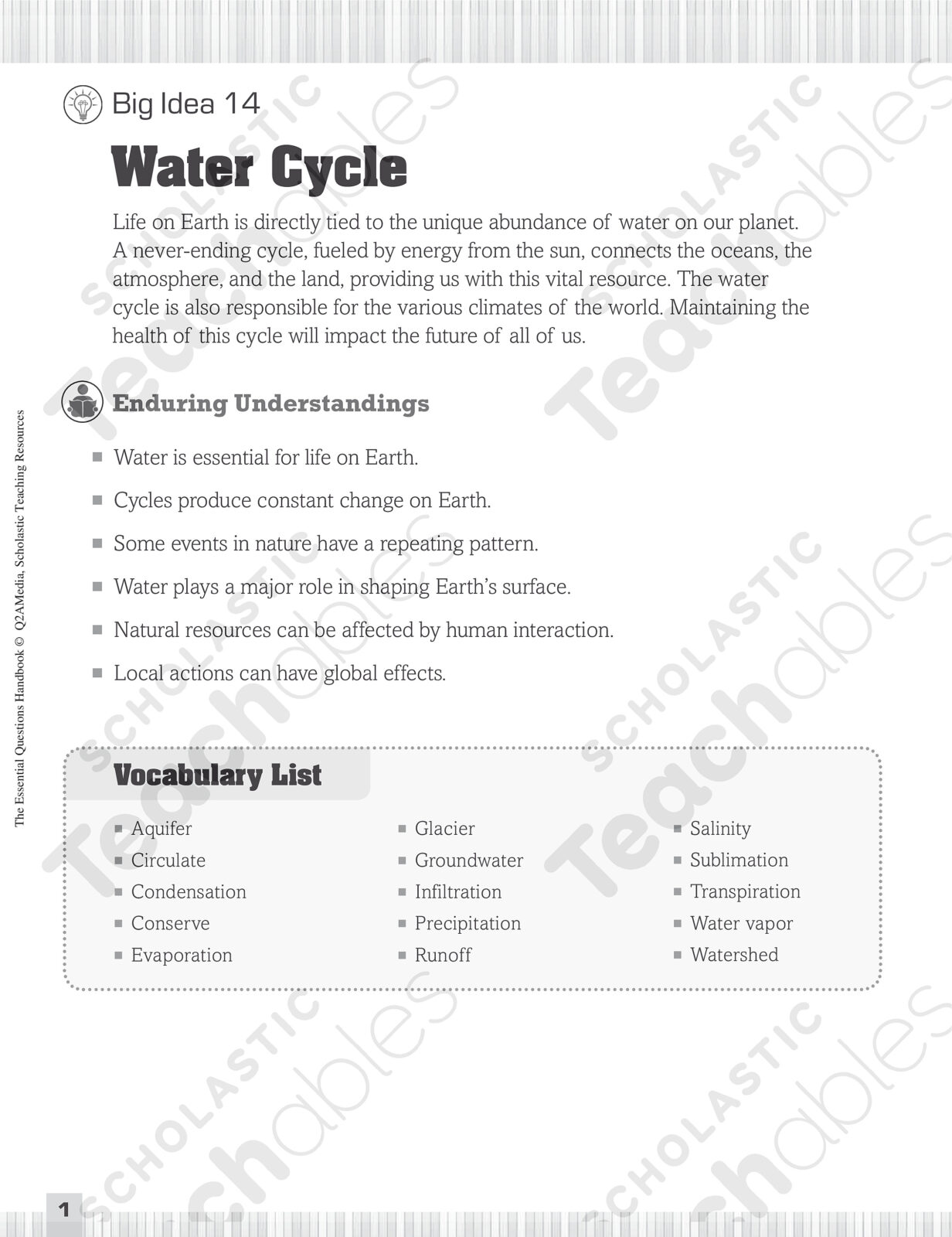
Wait!
You are about to leave our Parents site. Are you sure you want to leave?
No! Complete My Order
By clicking continue, your current session will end.
Select Your Partner Organization
If you are already registered on our website, you can sign in by selecting your partner organization below, then entering your email address and password on the next screen.
- SELECT ORGANIZATION
- FACE MEMBERSHIP
- LITERACY PARTNERSHIPS



